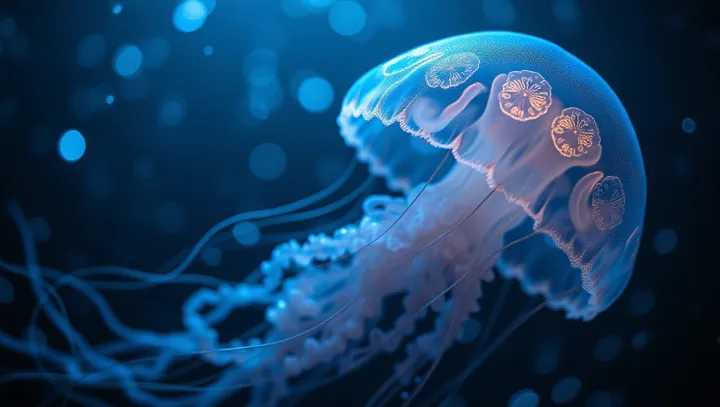The Brainless Marvels: Jellyfish Survival Unveiled

In the depths of the Pacific Ocean, jellyfish flourish without a brain, relying on a primitive biological system. The recent focus on marine life has brought new attention to these enigmatic creatures, revealing how they have thrived for millions of years. Unlike creatures with centralized nervous systems, jellyfish use a decentralized nerve net stretching across their bell-shaped bodies.
This simplistic yet effective system allows them to detect stimuli and coordinate their movements without a traditional brain. Experts suggest that this structure offers unique adaptive advantages in the constantly changing ocean environment. Dr.
Emily Haynes, a marine biologist at Stanford University, emphasizes, 'Jellyfish challenge our understanding of life systems. Their existence without a brain, yet with such high functionality, opens new avenues for studying adaptability.' Such studies not only unravel mysteries of ancient life forms but also inspire new technological developments through biomimicry. As global interest in marine ecosystems grows, jellyfish stand as a testament to nature's innovative designs.
They continue to adapt and survive, despite environmental challenges, offering lessons on resilience and biological efficiency. This ongoing research sheds light on how simplicity can equate to survival success in nature's complex web.
